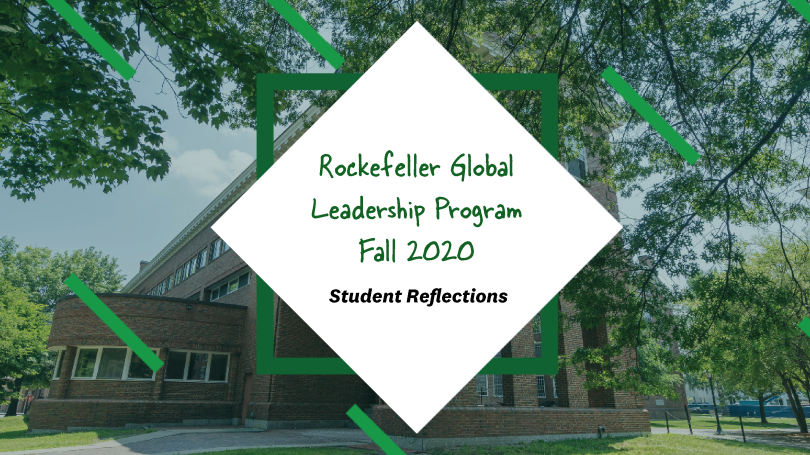
- Public Policy
- Leadership
- Funding
- News & Events
- About the Center
Back to Top Nav
Back to Top Nav
Back to Top Nav
Back to Top Nav
The single most important tool for building dialogue across difference is intentional listening. Not only must we intentionally listen to the thoughts and words of others, but we must thoughtfully listen to ourselves to determine our own cultural biases. When we listen carefully to the words and thoughts of others, and respond even more carefully, specifically with respect to what we have heard, we will be more effective at building a productive dialogue across difference. Most times, conflict, or ineffective dialogue across difference arises from misunderstanding, and intentional listening with consideration to the cultural biases of others can minimize those miscommunications, and therefore minimize conflict. Additionally, intentional listening is so important because only paying half-attention can lead to assumptions, which we also know undermines dialogue across difference, as it can lead to unknowingly offensive communications. Instead, when we practice open and intentional listening, we can communicate without assumptions, and instead base communication on what we are seeing and hearing, ensuring a more respectful situation for all parties involved.
Perhaps more important than intentionally listening to the language, both verbal and non-verbal, of others, is intentionally listening to ourselves, as it brings an important awareness to each situation requiring dialogue across difference. If we do not listen to our own internal thoughts and biases, we bring those biases into conversation when trying to build dialogue across difference, and those biases undermine our efforts. Bringing awareness to our own cultural biases and excluding those biases from the conversation makes for more respectful and open communication. Furthermore, when conversations are held with respect and openness, it is more likely that all parties involved will be satisfied with the outcome than if they had communicated with bias and assumption, and without intentional listening.
So, check yourself. Do you bring intentional listening to all of your conversations? Given the diversity of the United States, it is an important skill to bring to all conversations, even when we think we do not need it. It is a skill that can be practiced and honed by being present in the moment, and present in the conversation. So, the next time you engage with others, remind yourself to listen to others, and listen to yourself. You will be happy you did.